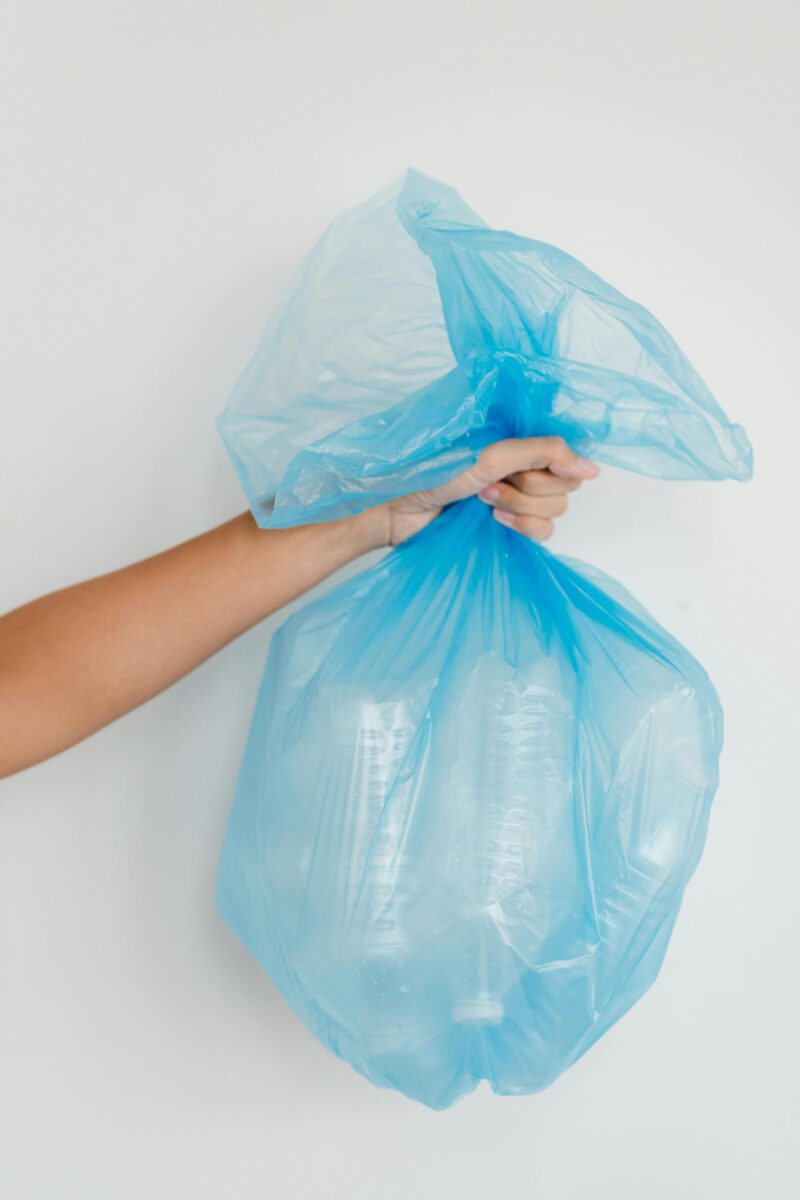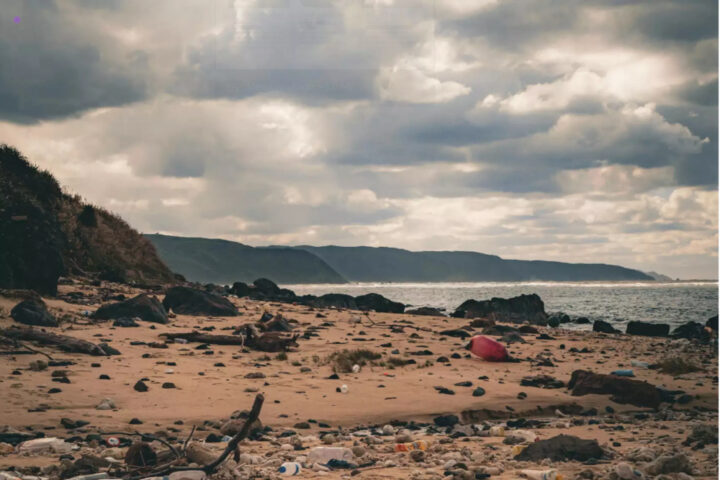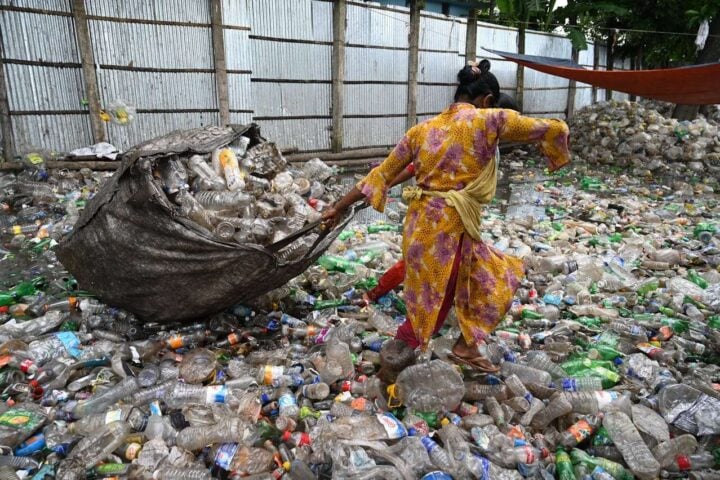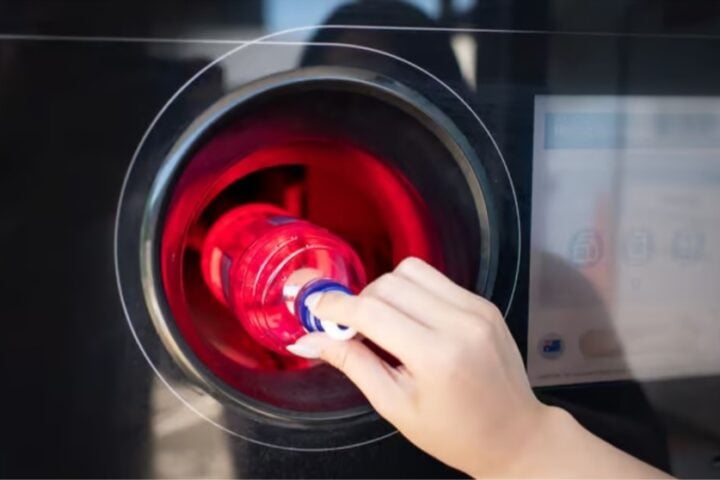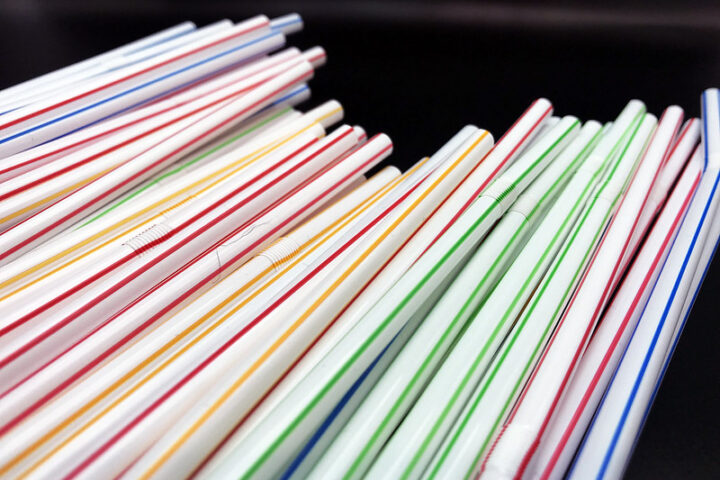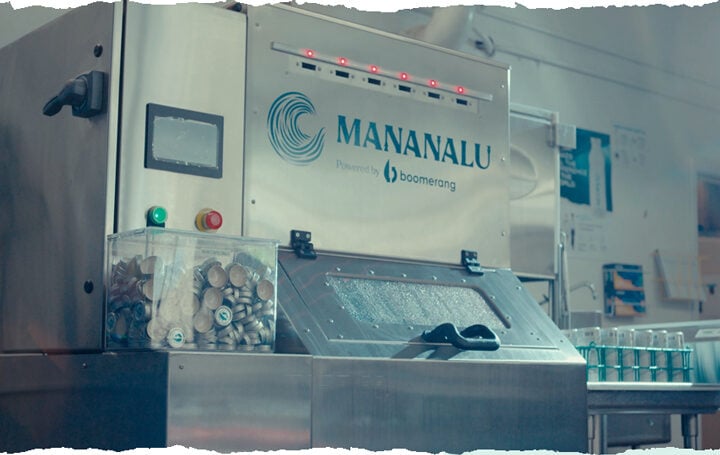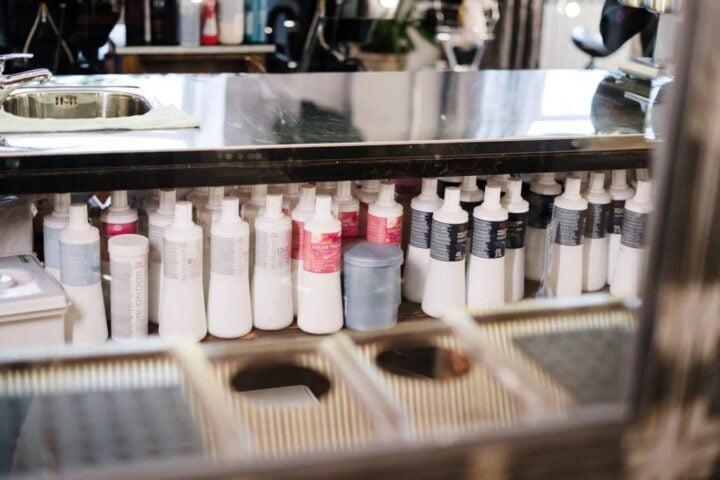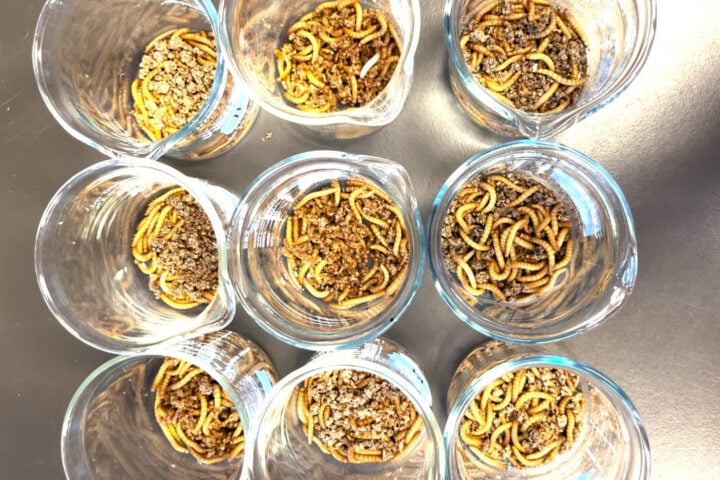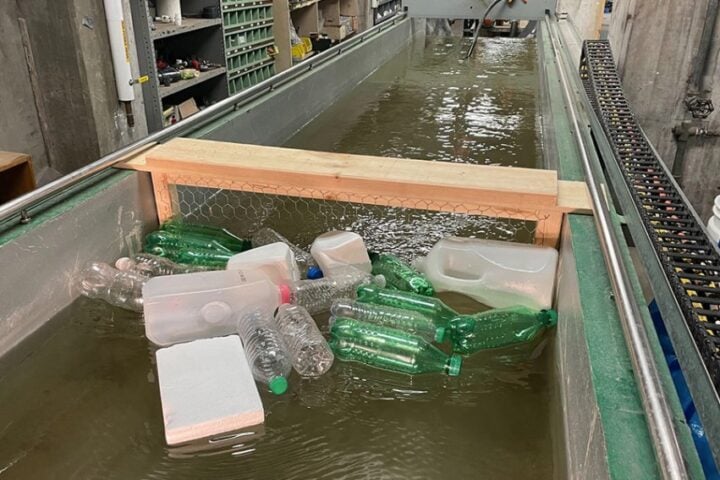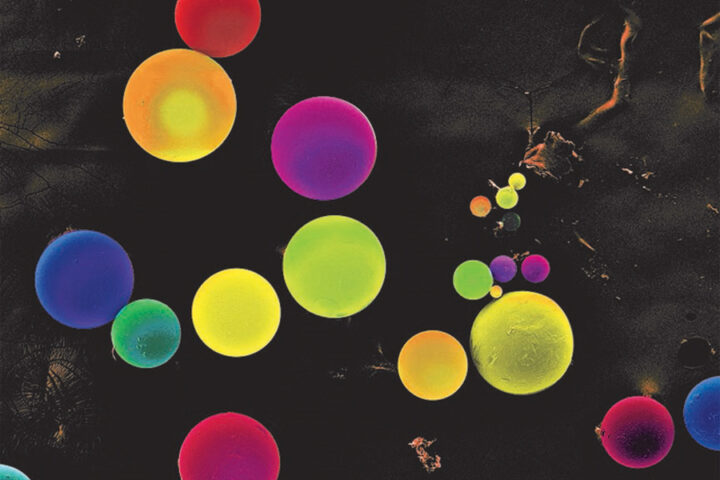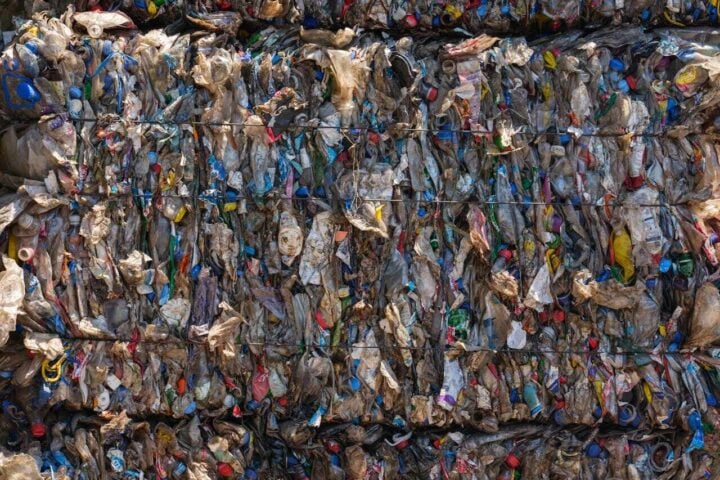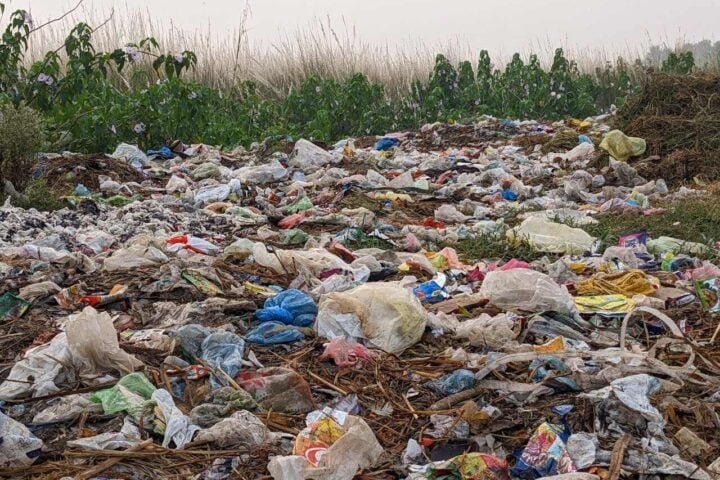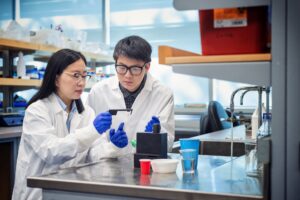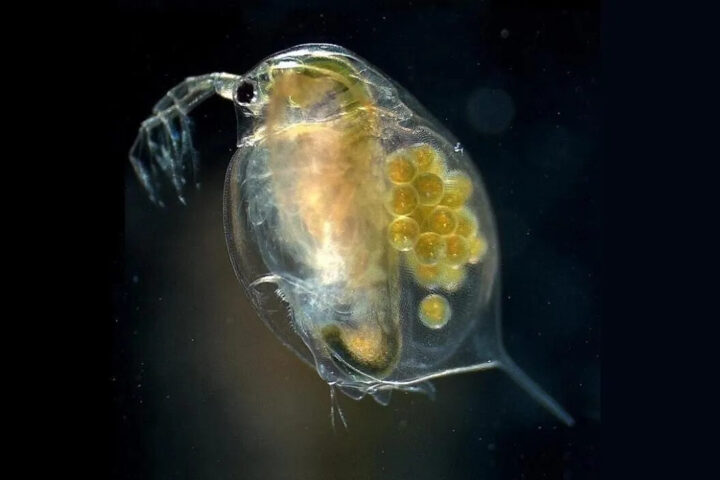Minnesota Attorney General Keith Ellison stated that the companies Walmart and Reynolds Consumer Products agreed to certain decisions about bags labelled as “recycling” bags that posed fire hazards at recycling centres. Their agreements also state that these bags cannot be sold in Minnesota for two and a half years. After this period one may wish to use the semi-transparent blue bags again in the state, then these particular bags must bear the label, ‘these bags are not recyclable,’ instead of the familiar tag, ‘recycling bags. ’
Reynolds manufactures the Hefty-brand blue or clear 13- and 30-gallon plastic bags, for which Ellison filed a lawsuit in June of 2023 in Ramsey County District Court. The lawsuit also involved cases of false advertisement concerning 13-, 30-, and 33-gallon bags which Walmart had put under the Great Value brand. As a remedy, Reynolds has to avoid all the money it made out of those ‘recycling’ bags, act on training employees about what greenwashing is and review its marketing.
Ellison claimed that Walmart and Reynolds’ marketing campaign of their products was unlawful as it violated state laws on media and advertising banning false advertising, deceptively conveying environmental stewardship, and consumer fraud. The settlement does not mean that the defendants are guilty, or that they violated the law at that point. Walmart and Reynolds will address the state’s s tatutory damages, the bag profits and attorney fees, and other damages, when added up equals $216,670. Reynolds said it disagrees with the lawsuit and is happy to close that chapter; Walmart did not wish to discuss the matter.
Ellison’s office provided pictures of marketing that the company claimed would mislead the people of Minnesota into using the bags for recycling. Few bags were blue, a colour commonly used concerning recycling programmes and the bags for municipal recycling were also labelled. Concerning arguing the litigation, they noted that the bags can interfere with the performances of recycling facilities by triggering equipment failure and fires which lead to hazardous conditions in workplaces.
The lawsuit also noted that certain clear bags were described as “transparent for quick sorting and curbside identification. ” Reynolds prominently labelled Hefty “Recycling” trash bags with the word “RECYCLING,” featuring images of clear bags filled with plastic and the claim: “HEFTY RECYCLING BAGS ARE PERFECT FOR ALL YOUR RECYCLING NEEDS. ” The manager of the company, Eureka Recycling Katie Drews, along with the co-president and the CEO, appreciated Ellison for putting pressure on companies and stressed how brands should be held accountable for their message and garbage disposal. “Consumers genuinely want to make the right purchasing decisions, but they can be misled by false marketing claims. This settlement is a vital step toward ensuring transparency and integrity in the marketplace, protecting our recycling systems from contamination, and empowering consumers to make informed decisions that truly benefit the environment,” Drews said.
Ellison observed that they agreed to remit profits from these bags. Anxiety over the high recycling rates in Minnesota prompted Ellison to make comments on Reynolds and Walmart’s transition, which would help desist from passing off non-recyclable bags to consumers. “Minnesotans have one of the highest recycling rates in America because we love our clean land, air, and water. I’m pleased that Reynolds and Walmart, who profited from Minnesotans’ good intentions, have agreed to stop marketing so-called ‘recycling’ bags to us that can’t be recycled and will disgorge the profits they made off those bags,” said, Attorney General Ellison.
In 2023, it offered to alter the advertising words with the private parties and committed to paying up to $4 million in another lawsuit similar to that in Connecticut in 2022. The Minnesota suit is an example of a string of litigations instituted by the states against companies in relation to plastic waste. “Any other companies thinking about greenwashing their products to market them deceptively to Minnesotans should know by now that I will not hesitate to hold them accountable under the law,” stated Attorney General Ellison.
This year, over the past five years, close to 48 lawsuits against the plastics industry have been filed and more than 80% of them have been filed by citizens or an environmental group, going by the records available in the New York University of School of Law. More recently, the attorneys general of Connecticut, Minnesota, and New York have escalated these drives. This is evident through the females’ litigation presenting newly emerging scientific knowledge on the economic and socio-environmental effects of plastic waste. The United States recycles roughly much below 10 percent of plastics and this is because plastics are hard to recycle since they are chemically sheer.
Similar Posts
Other legal steps are Baltimore’s case against PepsiCo and Coca-Cola for plastic waste and the case against New York state by PepsiCo for water pollution. In California, people have sued Tom’s of Maine and Colgate-Palmolive over packaging recyclability concerning the tubes used in toothpaste. Keurig Dr Pepper has been accused of false advertisement regarding coffee pod recycling in which it settled two lawsuits in 2022 for about 13 million. An analysis in July 2024 issued by CIEL explained to local governments how to go to court in search of compensation for plastic pollution from producers and brands. To address this issue, the report avails legal instruments that will help check the extravagance of the companies on the environment. The American Chemistry Council (ACC) has also expressed its disapproval of the report saying that such a document diverts attention from critical industrial processes of enhancing the recycling system and curbing pollution.
